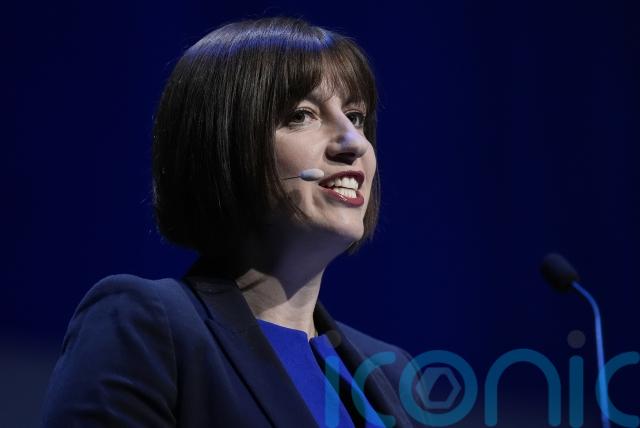
Women and equalities minister Bridget Phillipson said she is considering “thoroughly and carefully” guidance from a watchdog which is reported to suggest transgender people could be banned from single-sex spaces based on how they look.
The guidance from the Equality and Human Rights Commission (EHRC) has been with the Government for almost three months but ministers have repeatedly said they are taking time to review it before deciding on implementation.
The proposed code of practice will be used by businesses and other organisations to inform their provision of single and separate-sex services such as toilets and changing rooms.
The code – which was passed to ministers on September 4 – states, according to a report in The Times newspaper, that places such as hospital wards, gyms and leisure centres will be able to question transgender women over whether they should be using single-sex services based on how they look, their behaviour or concerns raised by others.
Once ministerial approval is granted, the Government must lay the draft code before Parliament for 40 days before it can be brought into force.
The EHRC wrote to Ms Phillipson, who is also Education Secretary, last month urging her to hurry up with bringing in the new guidance, warning some organisations are currently using unlawful practices.

The code has not been updated since 2011 and the latest draft has been produced in the wake of the Supreme Court ruling in April, which said the words “woman” and “sex” in the Equality Act 2010 refer to a biological woman and biological sex.
The EHRC said the 2011 code is currently unlawful but some organisations are continuing to use it in the absence of a revised code being published.
The watchdog said its updated code handed to ministers “accurately reflects the law and is informed by the two public consultations we ran to ensure it is as clear as possible”.
Asked about the code on Thursday, Ms Phillipson said she is going through it “thoroughly and carefully”.
She told reporters: “I have responsibilities to make sure that’s done properly and we’re taking the time to get this right.
“This is an important area and we want to make sure that women have access to a single-sex provision – that’s incredibly important for domestic violence services, rape crisis centres, so that women are able to heal from the trauma they’ve experienced.
“But of course, trans people should be treated with dignity and respect.”
The Times reported a suggestion in an earlier draft of the code that a birth certificate could be requested by a sports club or hospital if there is “genuine concern” about what biological sex a person is had since been removed.
Children’s minister Josh MacAlister denied the Government is refusing to publish the guidance, said to run to some 300 pages, because it hopes the problem will go away.
He told Times Radio: “These are massive issues and I think that the public now looking at the draft guidance from the EHRC will recognise that when you drill down into examples of how this might be applied, it has big implications for individuals, it has big implications for businesses and public services.”
He said it is a “really hard issue to resolve between lots of different, competing views”, as he outlined potential practical difficulties and said he wants to avoid the policing of toilets.
He said: “I just ask people to imagine small corridors where you’ve got a set-up around toilets that’s pretty restricted and you’ve got – whether it’s a restaurant or a school or a gym – not that much space to play with.
“The guidance, as it’s written, has implications for both how physical buildings are set up, but also how staff in those settings would need to determine and judge even whether somebody might look like a woman.
“We want to avoid being in a position where toilets are being policed by people.”
The guidance is reported to say it is unlikely to be lawful to exclude a trans person from toilets without offering suitable alternatives, and also acknowledges that in some cases the “disproportionate financial costs” for businesses could mean it is not always “reasonably possible” to provide alternatives, The Times reported.
On sport, it is also said to state trans people should not be included in single-sex or separate-sex competitions on the basis of the sex they identify with.
Defending the delay in publishing the guidance, Mr MacAlister said: “Three months is very little time in the grand scheme of things.
“We’re doing this as fast as we can and there’s no deadline that we’re putting on it. We want to get it right, and if we don’t get it right it does risk putting this back into the courts and providing even greater uncertainty for people. So, we’re going to take our time to get it right.”
Subscribe or register today to discover more from DonegalLive.ie
Buy the e-paper of the Donegal Democrat, Donegal People's Press, Donegal Post and Inish Times here for instant access to Donegal's premier news titles.
Keep up with the latest news from Donegal with our daily newsletter featuring the most important stories of the day delivered to your inbox every evening at 5pm.